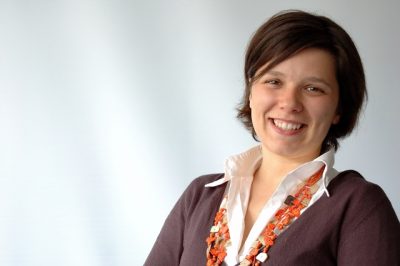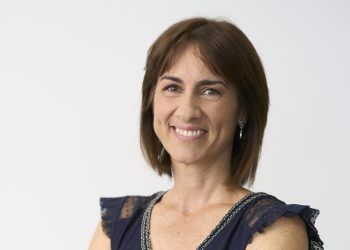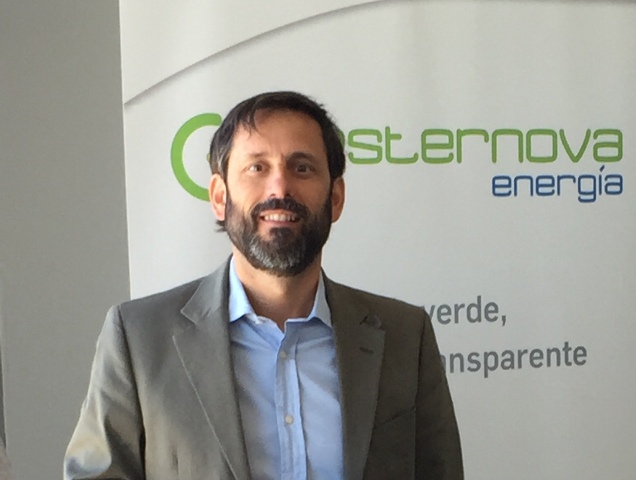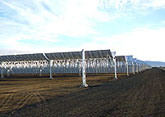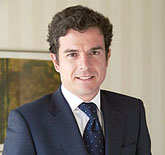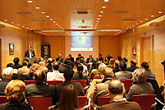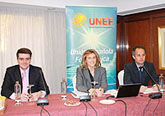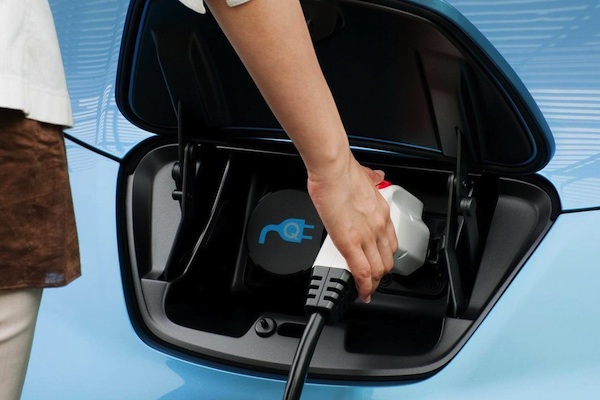Sara Pizzinato, head of Energy Campaign Greenpeace highlights in this article that the empowerment of energy citizens will open new markets for both renewables and energy efficiency and demand management releasing a potential investment of billions euros.
Last week I had the opportunity to explain in Brussels the devastating effects of the Spanish legislation on self-consumption being the most restrictive in the world, as also stated by the International Energy Agency.
It has not been difficult to interpret the puzzled faces of European politicians and technicians when telling to our Secretary of State for Energy in office has repeatedly defined the Spanish self-consumers as «predators».
Moreover because the debate in Brussels is focusing on what benefits we would obtain by giving more power to citizens on energy.
It is clear that citizens are not like other players in the energy market. They most likely do not have expertise or ability to work on issues such as network connections and application of binding planning.
The energy citizens, also known as «prosumers» are active consumers of energy. They can be individuals, non-profit organization, public entities or small businesses that not only consume renewable energy but also produce and sell it both individually and collectively.
Democratization of energy
They can also contribute to improving energy efficiency and management of the energy system providing demand management services or even adding non-economical value to energy, as some wind energy production cooperatives do in the Netherlands by reinvesting their benefits directly into energy efficiency measures in municipal public buildings.
The difficulties are not few because it is a major change in an energy market where consumers can only choose the marketer from whom they can buy energy but there are high-profile cases such as German or Danish that can guide us.
A more active citizenship in the energy sector involves more awareness that in turn can bring about a change in social attitude towards environmental challenges; including climate change. Empowering energy citizens to take on a more important role is what we call democratization of energy. It allows citizens to participate and benefit from the energy transition.
Economic and social benefits
Furthermore, from a strictly economic point of view, transition to an energy system based 100% on renewable energies will need to mobilize all actors and investors. Empowering energy citizens will open new markets for both renewables and energy efficiency and demand management releasing a potential investment of billions of euros.
Energy citizens who invest usually accept more moderate rates of return for their environmental, social or collective motivations. This reduces the overall cost of the energy transition. And, contrary to importing energy, decentralized energy projects provide more local employment, create small businesses and increase local fiscal revenues.
An empowered energy citizenship can even help address energy poverty. This can enable people to reduce their demand more easily and smartly but also help them produce and consume their own energy through shared renewable energy projects or others prepared for underprivileged groups or social housing programs.
Energy Union
The European Commission in its Energy Union suggests that the democratization of energy is the way forward. Something backed by 84% of the responses to its consultation for the revision of the European Directive on Renewables 2030 that support «stricter EU rules to ensure that consumers have the ability to produce and store their own heat and renewable electricity and participate in all relevant energy markets in a non-discriminatory and easy way, even through aggregators «.
This means establishing specific policies and measures in some of the pieces of legislation to be proposed in 2016, especially in the revision of the European Directive on Renewable Energy and the Initiative on Electricity Market Design. To find out which these are specifically, read my next post.
Sara Pizzinato
Responsible Energy Campaign Greenpeace
Carlos Sánchez Criado
Publicista por la Universidad Complutense. Director comercial de publicaciones técnicas del sector de la energía durante doce años. Director de Energy News Events, S.L. desde 2012 difundiendo información en Energynews.es, movilidadelectrica.com e hidrogeno-verde.es. Y por supuesto, organizando eventos como VEM, la Feria del Vehículo Eléctrico de Madrid.




